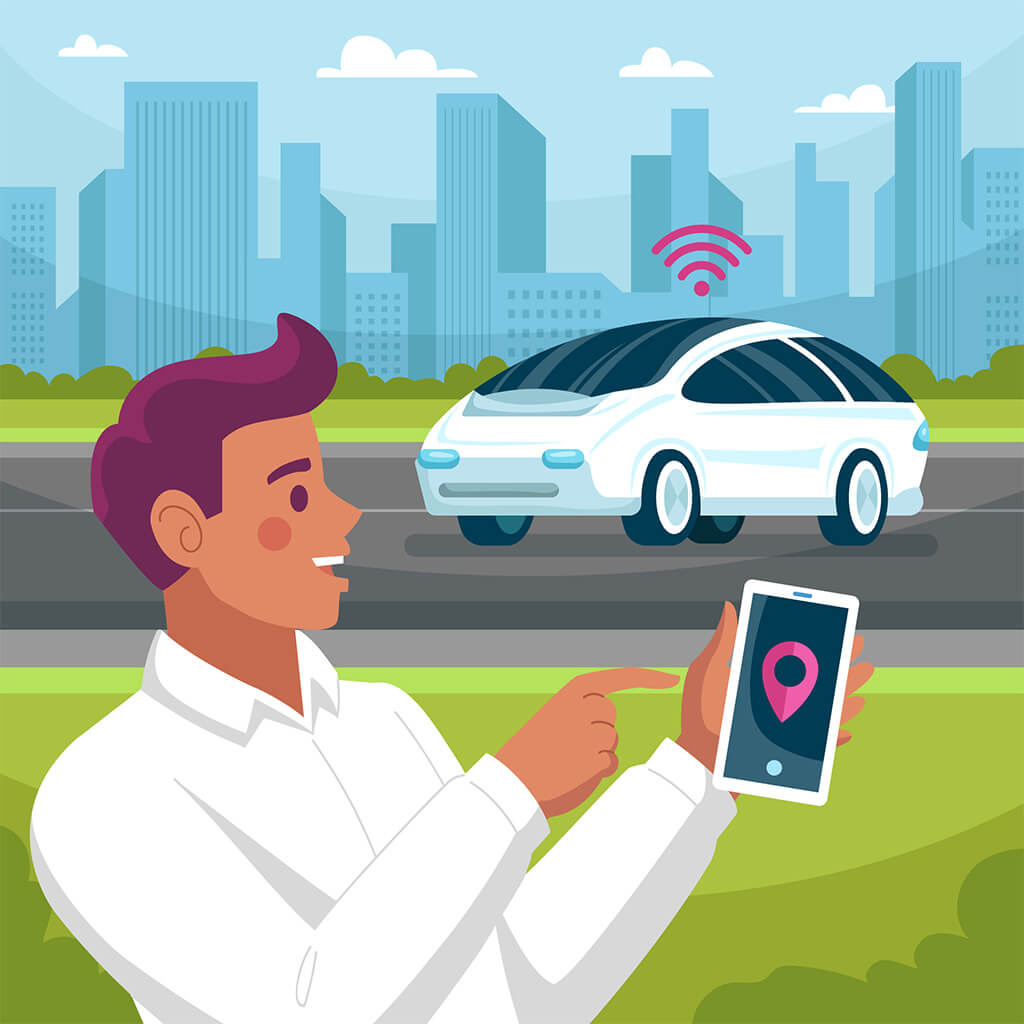Autonomous vehicles are quickly becoming a reality. Self-driving cars are already being tested on roads in several cities around the world. Major tech companies and automakers are investing billions of dollars in autonomous vehicle research and development. Proponents argue that autonomous vehicles will make driving safer, reduce traffic and pollution, and provide mobility for all. However, we must consider whether we are truly ready for a world of self-driving cars.
There are still many technical challenges to overcome before autonomous vehicles become mainstream. Sensors and software must be able to accurately detect and respond to all possible scenarios that may arise on the road. Autonomous vehicles must be able to navigate safely in all weather conditions and environments, from busy city streets to rural dirt roads. They must also be able to interact smoothly with human drivers and pedestrians. As advanced as self-driving technology has become, we are still quite a way off from achieving fully autonomous vehicles that can handle all these situations.
Infrastructure and policies must also adapt to support autonomous vehicles. Roads and highways may need upgrades to aid navigation systems. Policies around licensing, insurance, and accident liability must be created and standardized. Governments will have to determine how to ensure the safe operation and roadworthiness of autonomous vehicles. All of this will require substantial investments of time and money to implement.
There are also concerns about how self-driving cars may impact jobs and the economy. Many jobs like taxi, Uber, and truck drivers could eventually be eliminated. However, new jobs may emerge in software engineering, transportation planning, and vehicle maintenance. The transition to autonomous vehicles could be difficult for many workers, and policymakers will have to find ways to ease this disruption.
